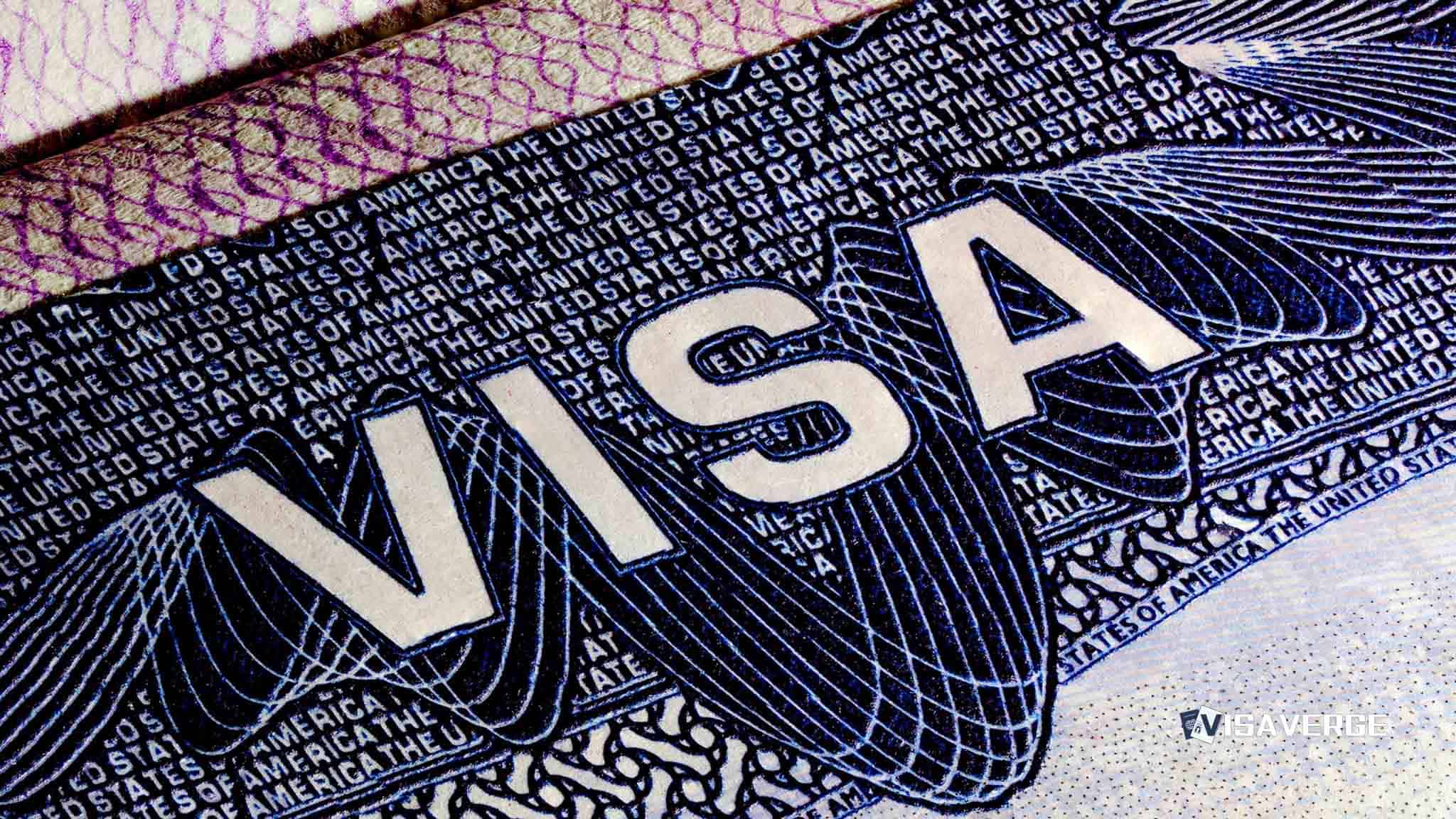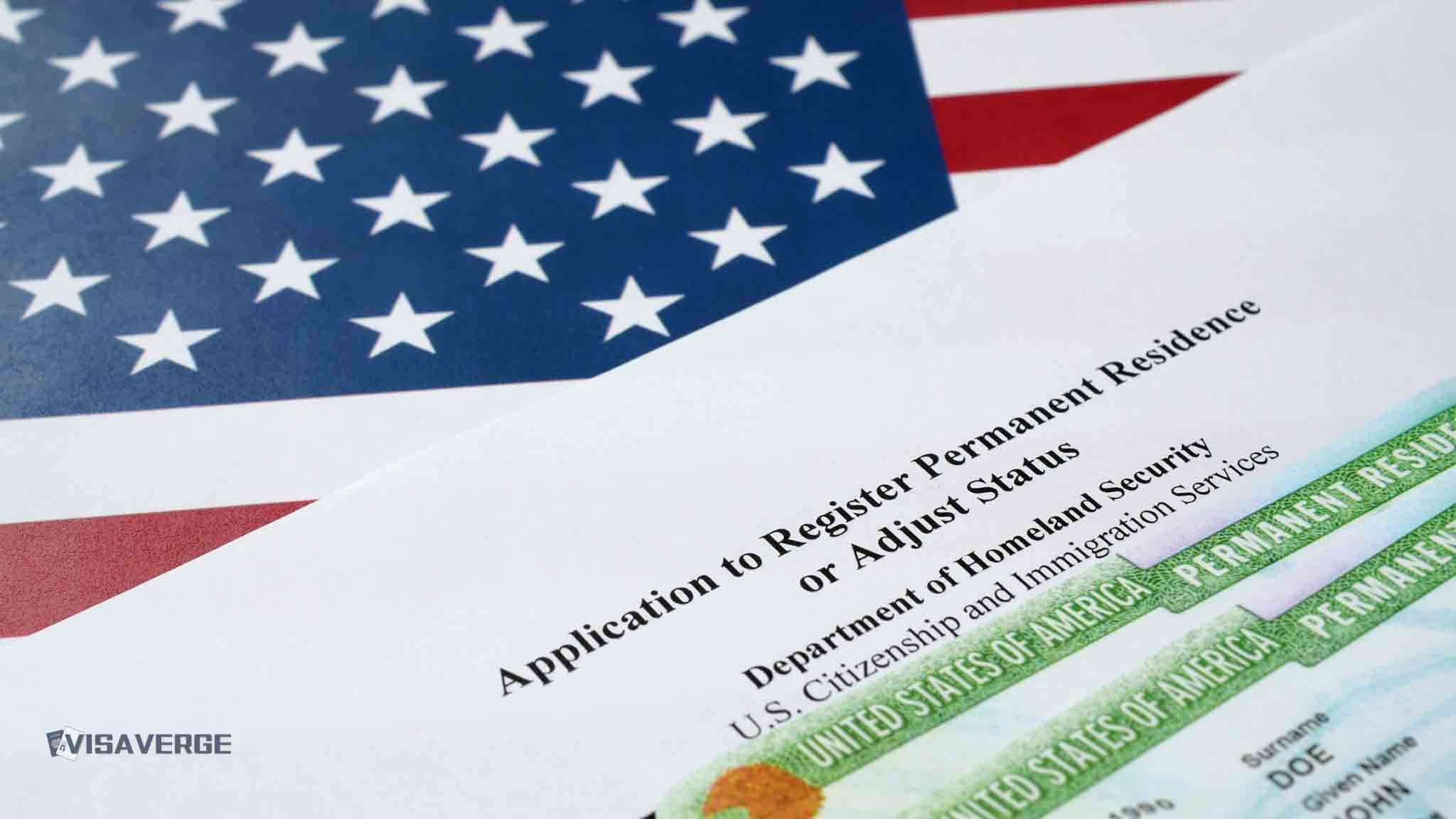(KUWAIT CITY) Kuwait has rolled out its most extensive visa overhaul in decades, launching the fully digital Kuwait Visa Platform to widen entry for visitors while keeping long-standing security rules intact. Announced in mid-August 2025 and already active, the system introduces a four-tier visa model, faster processing, and broader eligibility for family and business travel—yet continues Kuwait’s ban on Israeli nationals under a 1964 Amiri Decree. The General Department of Residency’s spokesperson, Colonel Abdulaziz Al Kandari, said the changes are designed to grow tourism and business travel without weakening border checks.
Core reform: a tiered visa structure

At the heart of the reform is a tiered structure that sorts applicants by nationality, residency status, profession, or event purpose.
- The first tier—branded Unrestricted Access—covers 52 countries, allowing a simple application with only six months of passport validity required. This includes travelers from the United States 🇺🇸, the UK, the EU/Schengen area, Japan, Australia, and others.
- The second tier opens the door to expatriates who live in Gulf Cooperation Council (GCC) states and to screened professionals, provided they show valid residency and basic financial solvency.
- A third “Financial Solvency Route” —still pending rollout—will let more nationalities apply by presenting bank statements, booked accommodation, and a refundable security deposit.
- The fourth tier targets event attendees, tailoring visas to conference and exhibition needs.
“The four-tier approach is meant to match documentation demands with risk and purpose,” said Colonel Abdulaziz Al Kandari.
Policy changes overview
Officials say the Kuwait Visa Platform lets applicants apply for tourist, family, business, and government visas online or via mobile app, with decisions sent directly by email. Processing can be quick—sometimes in as little as five minutes—and the old requirement to enter only on the national carrier has been removed. Visitors can now arrive by air, land, or sea on any carrier.
Family visit rules have eased significantly:
- The salary threshold for sponsors has been abolished.
- Eligible relatives now include kin up to the fourth degree and in-laws up to the third degree.
- Applicants must provide Arabic-translated proof of the relationship.
According to analysis by VisaVerge.com, these changes are expected to increase family travel and reduce the strain of long embassy queues.
Visa types and durations
- Tourist visas: Single-entry for 1–3 months, or multiple-entry for 3–12 months; each entry allows up to 30 days.
- Family visit visas: Similar duration choices as tourist visas; Arabic-translated proof of kinship required.
- Business visas: Issued upon invitation; single 30-day stay or multiple entries over one year.
In parallel, Kuwait has expanded access at the border for foreign residents of GCC countries, who can now obtain 90-day visa-on-arrival tourist entries. This replaces a more restrictive 2008 rule and aligns with regional moves to simplify short-term travel.
All travelers remain subject to security screening at entry; anyone who fails checks can be refused and returned on the next available flight.
How the four-tier approach maps to applicants
- Unrestricted Access (52 countries): Low paperwork; six months’ passport validity required.
- GCC residents and approved professionals: Show valid GCC residency and financial solvency.
- Financial Solvency Route (pending): Provide bank statements, confirmed lodging, and a refundable deposit.
- Event-specific visas: Tailored to the host organization’s needs and sponsor lists.
Kuwait has not changed its stance on Israeli nationals, who remain barred from entry under the 1964 Amiri Decree. Officials frame this as a foreign policy matter that also informs border decisions; in practice, the ban distinguishes Kuwait from Gulf neighbors that have adjusted ties with Israel.
Application process and official portal
Applicants can complete the process end-to-end online. The government’s official portal guides users through:
- Eligibility checks
- Document uploads
- Fee payment
E-visas are issued electronically for presentation at the border. For current requirements and application steps, consult the Kuwait Ministry of Interior e-Visa portal at: https://evisa.moi.gov.kw/
Impact on applicants and regional context
The reform supports Kuwait’s wider drive to modernize services and grow non-oil sectors such as tourism, events, and trade. Faster e-visas and wider eligibility aim to lift short-term stays while keeping security checks firmly in place.
Benefits and practical effects:
- Business visitors gain entry by any carrier and flexible multiple-entry options.
- Families benefit from the removal of income-based limits and the acceptance of relations up to the fourth degree.
- Event organizers should see shorter lead times due to event-specific visa templates and digital vetting tied to sponsor lists.
The pending Financial Solvency Route is expected to open access to more nationalities who can show stable funds and confirmed lodging, backed by a deposit returned after exit. Authorities have not provided a firm launch date but indicated it should go live in the coming months.
Practical checklist for travelers
- Check that your passport has at least six months’ validity.
- Choose the right visa on the Kuwait Visa Platform (tourist, family, or business).
- Upload a clear passport copy and photo.
- Add hotel booking or an invitation letter when required.
- Keep a digital or printed copy of the e-visa to show on arrival.
Regional outlook and remaining safeguards
A unified GCC tourist visa—allowing travel across all six Gulf states on a single permit—is anticipated by late 2025 or early 2026. Kuwait’s new system positions it to integrate quickly, since digital processing and standard data fields are already in place.
Officials emphasize that border checks remain rigorous:
- Every traveler is screened on arrival.
- Clearance can be refused despite an approved e-visa if security systems flag a risk.
The message: easier access does not mean a free pass—electronic pre-vetting is paired with final checks at the point of entry.
Outlook and key dependencies
Travel advisers note that the multiple-entry tourist and business options, each allowing stays of up to 30 days per entry, give companies and families more flexibility for trips around school breaks, trade fairs, and seasonal demand. For families, abolishing salary thresholds removes a barrier that often split households between Kuwait and neighboring countries.
The success of the system will hinge on:
- The smooth rollout of the Financial Solvency Route
- The platform’s uptime during peak seasons
For now, the Kuwait Visa Platform marks a strong push into faster, digital-first processing, anchored by a clear four-tier policy and visible service gains for many travelers.
This Article in a Nutshell
Kuwait’s new Visa Platform, launched August 2025, introduces a four‑tier system expanding tourist, family, business access while preserving strict security and the 1964 ban on Israeli nationals, promising faster e‑visas, multiple‑entry options, and digital processing to boost tourism and trade in line with modernization goals.













